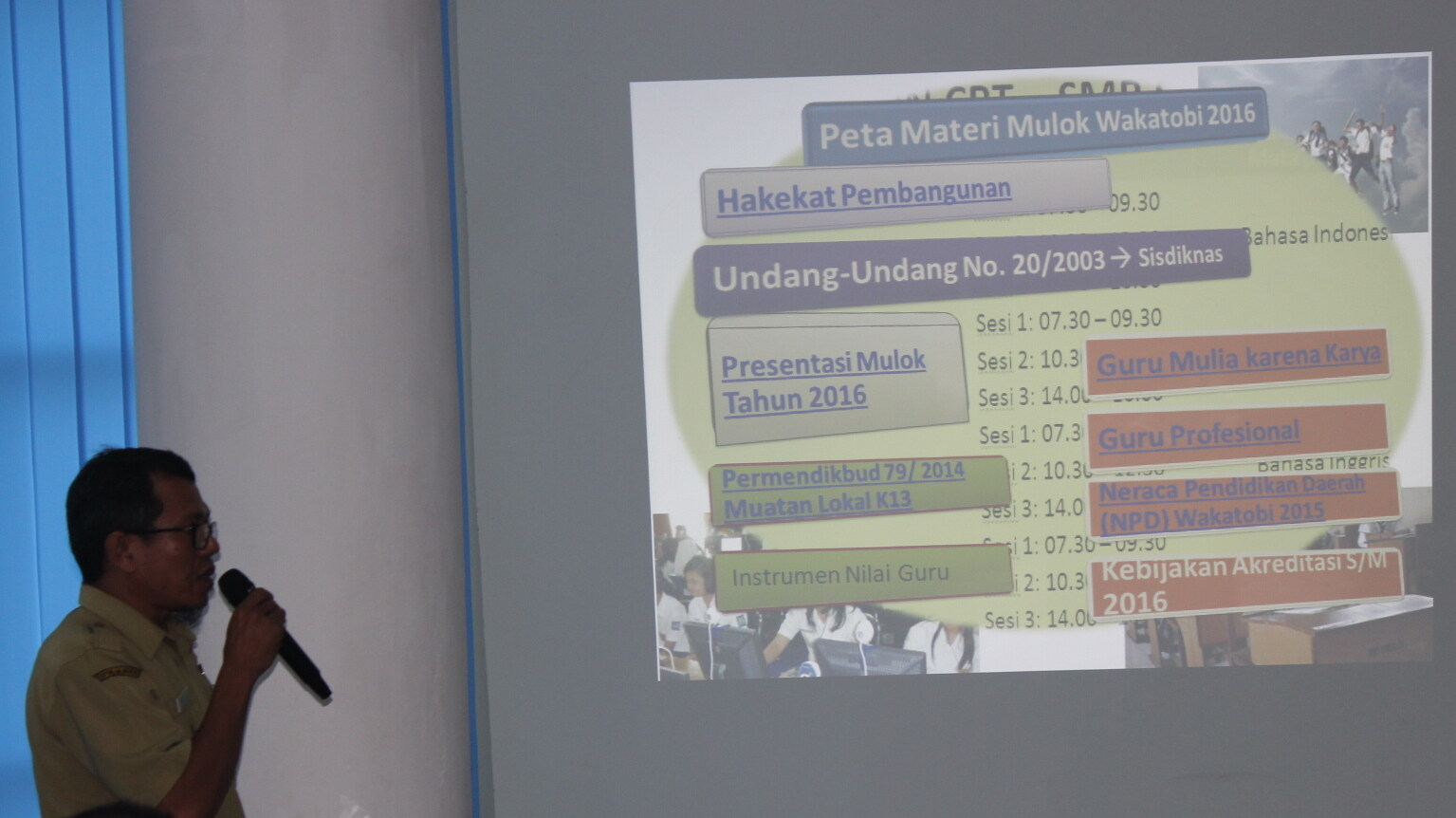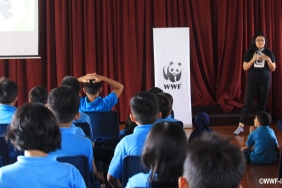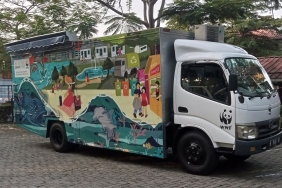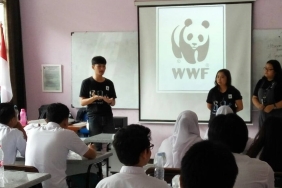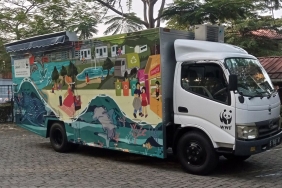STRENGTHENING EDUCATION TO REALIZE A SUSTAINABLE FUTURE FOR THE EARTH
Almost everyone knows that May 2 is celebrated as National Education Day, but many are still unfamiliar with the definition of National Education itself. Referring to Law No. 20 of 2003 concerning the National Education System, that National Education is Education based on Pancasila and the 1945 Constitution of the Republic of Indonesia which is rooted in religious values, Indonesian national culture, and responsive to the demands of changing times. Where in this era, we are faced with the threat of natural sustainability and biodiversity that has been supporting our daily lives. We are required to be able to balance the fulfillment of current needs, without reducing the ability of future generations to meet their needs. In response to this challenge, a system of Education for Sustainable Development was born, which is not only about teachers and students, but also relates to the lives of local communities and cultures.
As one of the Earth Hour volunteers, although I am not an educator, the training conducted by WWF-Indonesia has given me the opportunity to contribute to Education for Sustainable Development (ESD). Through the Earth Hour Goes to School Action, I and other Earth Hour volunteers can share our knowledge and experience with elementary and middle school students, related to the environment and its conservation efforts.
Supporting the Ministry of Education and Culture of the Republic of Indonesia's new policy program on Merdeka Belajar, we try to make Environmental Education something interesting for students. As we have done in several schools, we are making the learning atmosphere that is identical to the classroom to be outside the classroom, with the aim that students are more familiar with the biodiversity in the school environment and its benefits for them. In addition, we also share simple ways to preserve the environment through processing plastic waste into ecobricks and also making reusable bags from used t-shirts. The ecobricking teaches the students to be responsible for the waste they produce themselves from school snacks, while the reusable bag making teaches the students to utilize used items into something more useful and minimize the use of plastic bags.
Seeing the enthusiasm of the students during this action made me think that the seeds of loving the environment actually exist in every individual. We as facilitators or education personnel only need to nurture it so that they can protect the future of the Earth in the future. As parents or siblings, we can also help achieve Education for Sustainable Development starting from home, by introducing our children or younger siblings to the idea that everything we get to fulfill our needs so far is obtained from nature and its biodiversity, so we are obliged to protect it for current and future generations. If everyone takes part, even if it starts from simple things, then Sustainable Development and a sustainable Earth are not just a 'hope'.

